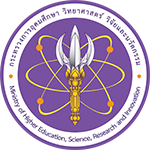Building a learning society in the age of disruption
When the COVID-19 pandemic brought classrooms around the world to a halt, education leaders were forced to rethink what it truly means to teach, learn, and adapt. For Sungsup Ra, a renowned education strategist, author, and former Deputy Director General of the Asian Development Bank (ADB), this moment crystallised a simple truth: the future of education depends on our ability to keep learning, no matter what disrupts us.
Speaking at Bett Asia this year, Sungsup Ra urged education leaders to go beyond recovery and instead reimagine the systems that shape human potential. His call to action: build societies where learning is continuous, inclusive, and deeply human.
Two big questions
Sungsup Ra framed his keynote around two profound questions:
- Why do some societies develop rapidly while others lag behind?
- How can we prepare students for a disruptive, unpredictable world?
To explore the first, he referenced the famous “cargo question” from anthropologist Jared Diamond’s book “Guns, Germs, and Steel”. A New Guinean chief once asked Diamond why Western nations possessed so much “cargo” (ie wealth, tools, and technology) while others did not. Ra used this metaphor to challenge educators: What is the purpose of education if not to empower people to create their own cargo to build prosperity, equity, and happiness for all?
The answer, he argued, lies in human capability. Nations progress when they invest not only in technology or infrastructure, but in people to develop their capacity to learn, innovate, and adapt. Education, he emphasised, is the true engine of development.
A world transformed by disruption
Ra’s second question, “how to prepare students for disruption?” touches the heart of today’s educational challenge. Automation, artificial intelligence, climate change, and demographic shifts are reshaping how we live and work. He cited reports estimating that up to 47% of jobs are at risk of automation, with even software engineers from elite universities struggling to find work as AI tools replace routine coding tasks.
The pandemic underscored how interconnected crises (including health, economic, and environmental) demand new forms of thinking and collaboration. “The pandemic is not only a health issue,” Ra reminded, “it’s a transport issue, an economic issue, an environmental issue”. Education systems must evolve to reflect this complexity.
He noted that as life expectancy doubles from 40 to 80 years, societies must redesign education for longevity where individuals continuously reskill and seek meaning, not just employment. “Younger generations,” he said, “are no longer working only for work. They seek balance, purpose, and happiness”.
From schooling to learning
One of Ra’s central distinctions is between schooling and learning. Global statistics show that while years of schooling have increased, true learning outcomes have not always followed. “Learning,” he said, “is not confined to classrooms. It must happen in context, in communities, workplaces, and everyday life”.
To thrive in the 21st century, education must cultivate the four Cs identified by UNESCO: critical thinking, creativity, communication, and collaboration; alongside two qualities Ra believes are equally essential: curiosity and adaptability. Learning should be interactive, inquiry-based, and personalised. Emerging technologies, he argued, should be leveraged to make education more flexible, hybrid, and self-directed.
Education beyond the classroom
Ra called for a broader ecosystem approach, where schools become community learning hubs and teachers connect learning to real-world contexts. Industry, too, must play an active role. “Companies should not only expect schools to produce skilled workers,” he said. “They must create environments that nurture continuous learning.”
He illustrated this with the concept of lifelong and workplace learning, systems that empower people to keep learning at every stage of life. The pandemic, he noted, revealed how vital family and community learning can be. Parents and schools must collaborate, not operate in isolation.
Six principles for a learning society
Drawing from his book “Powering a Learning Society During an Age of Disruption”, Ra outlined six guiding principles for building such societies:
- Promote inclusive learning across formal, non-formal, and informal systems.
- Strengthen lifelong learning pathways that enable people to re-enter education at any stage.
- Leverage technology to expand access and personalise learning.
- Cultivate curiosity and creativity as core learning outcomes.
- Foster cross-sector collaboration among education, government, and industry.
- Nurture a culture of learning where every home, workplace, and community encourages continuous growth.
Even a supermarket, he said, can become a learning space: “When a child sees a sign that says, ‘Where does milk come from?’ and asks questions with their parent, that’s the beginning of a learning society”.
The human advantage
Despite the rise of AI, Ra is confident that human strengths, such as creativity, social intelligence, empathy, and perception will remain irreplaceable. Education’s mission, therefore, is not to compete with machines but to help learners harness their uniquely human abilities.
He envisions a future where learning is a lifelong journey of self-actualisation, a process that nurtures happiness, purpose, and connection. “Learning is not just acquiring knowledge,” he said, “It is growth, joy, and the essence of being human”.
Towards a culture where learning never stops
Ra concluded with a challenge to educators, policymakers, and institutions alike: to transform learning from a phase of life into a lifelong culture. “Education should focus on enhancing each learner’s ability to learn,” he said. “Once you learn, you must use it. Apply it. Learning unused is learning lost”.
The path to resilient, equitable, and innovative societies begins not with technology or policy alone, but with a collective commitment to keep learning together. In doing so, Ra believes, we can truly power a learning society fit for an age of disruption.
Sungsup Ra is a Visiting Professor of Practice at the Korea Development Institute School of Public Policy and Management (KDI School). He is currently a Visiting Scholar at the Walter H. Shorenstein Asia-Pacific Research Center at Stanford University for the 2025 calendar year. He also advises several institutions, including the International Financing Facility for Education, the Education University of Hong Kong, and the International Centre for Industrial Transformation. Additionally, he is an Industry Fellow at the NTU Entrepreneurship Academy, Singapore
.png?ext=.png)

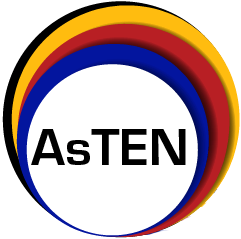
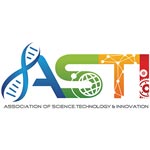




.png?ext=.png)


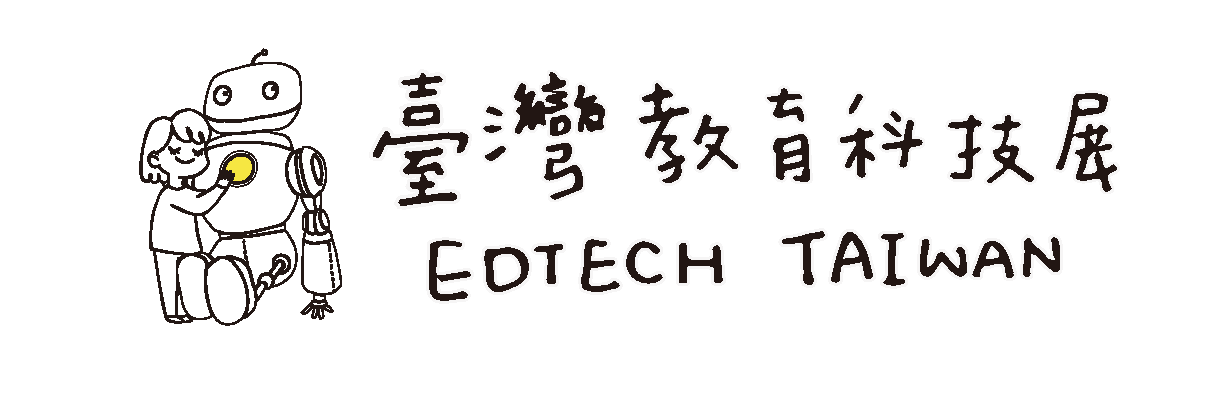

.png?ext=.png)
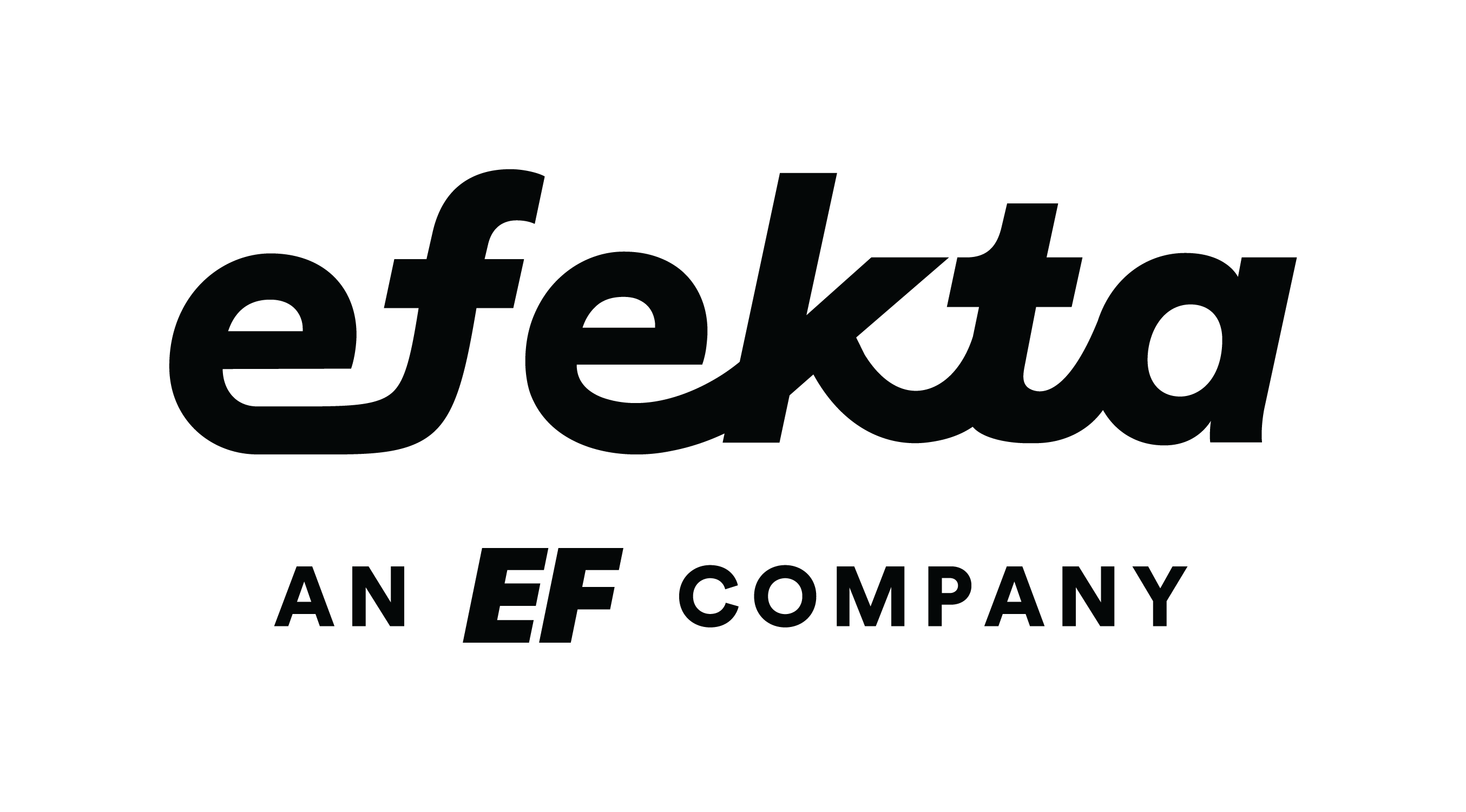
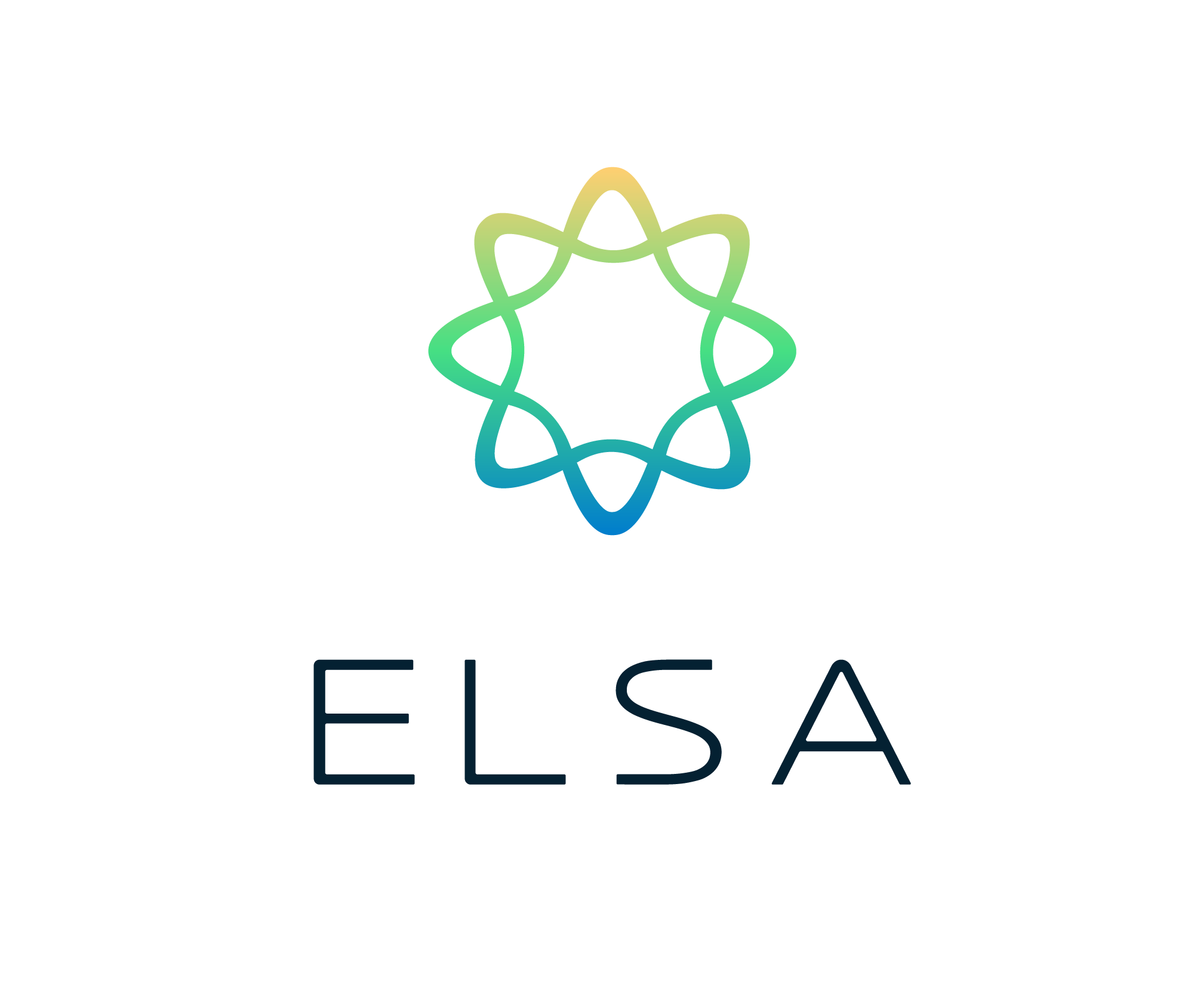

.png?ext=.png)
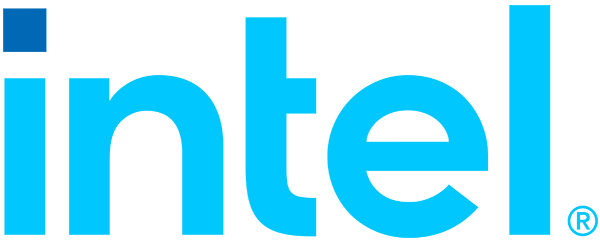
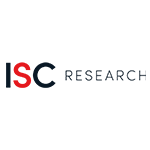



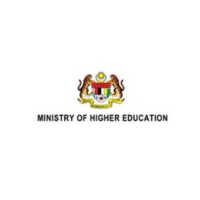

.png?ext=.png)
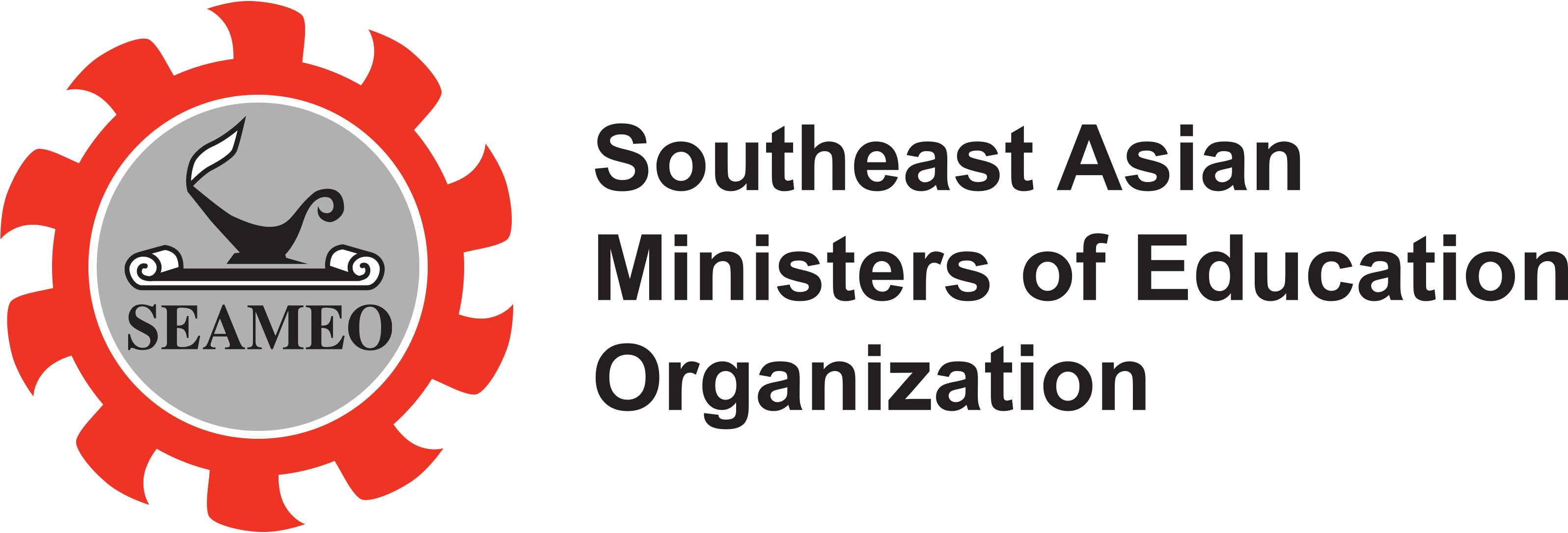
.png?ext=.png)

.png?ext=.png)
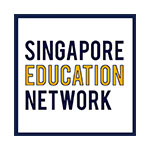
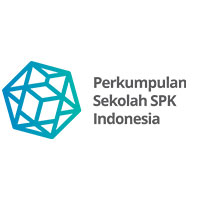

-4000px-(2).png?ext=.png)
